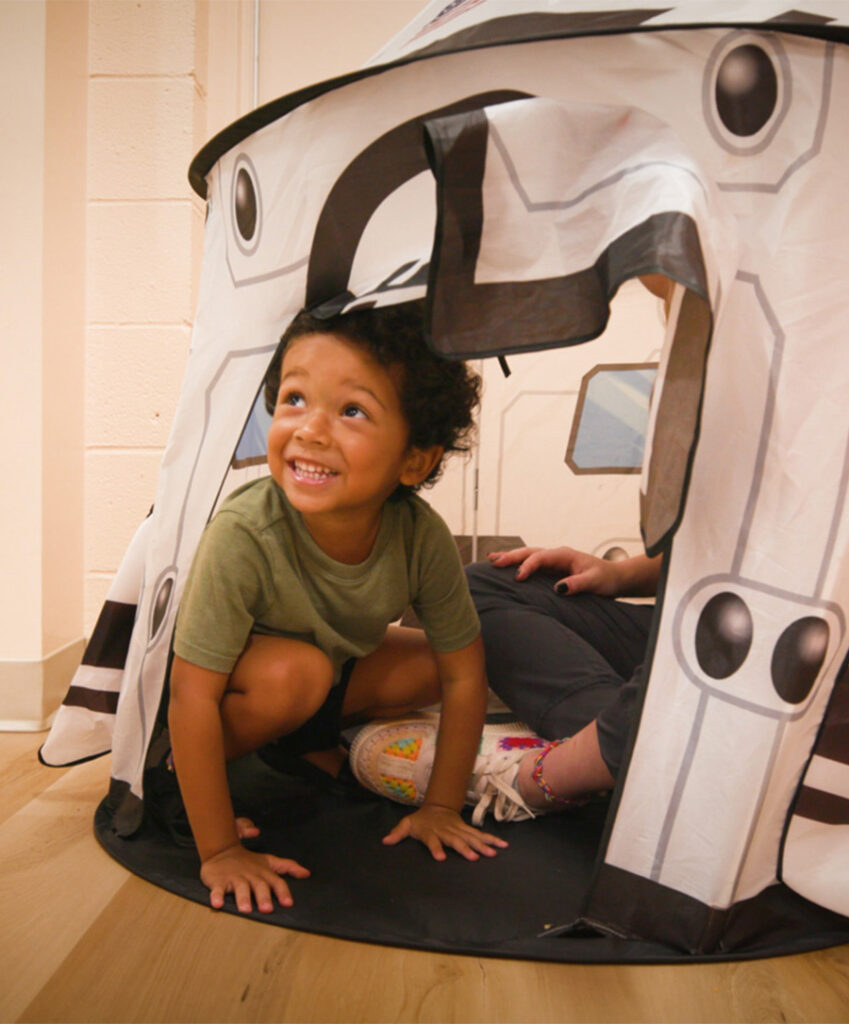If you’re a parent of a child with autism, you’ve likely asked yourself: How can I help my child connect with others, make friends, or feel more comfortable in social situations? Social development can be one of the most challenging aspects of autism, but also one of the most meaningful areas for growth. The good news is that applied behavioral analysis therapy (ABA therapy) offers structured, personalized strategies that can support your child’s social development in practical and empowering ways.
Whether you’re just beginning to explore options or you’ve already searched for “ABA therapy near me,” understanding how this evidence-based approach works can help you make informed decisions for your family.
Understanding social challenges in autism
Children diagnosed with autism may experience a wide range of differences in how they interact with others. These might include:
- Difficulty understanding social cues (like body language, tone of voice, or facial expressions)
- Trouble initiating or sustaining conversations
- Limited or repetitive play skills
- Challenges with emotional regulation
- Trouble sharing, taking turns, or adapting to changes in routine
These aren’t signs of unwillingness—they’re often signs of unmet needs, skill deficits, or unfamiliar expectations. ABA therapy can help bridge the gap.
What is ABA therapy?
Applied behavior analysis (ABA) is a science-based approach to understanding behavior and learning. It is widely recognized as one of the most effective treatments for children diagnosed with autism. ABA therapy focuses on teaching new skills, reinforcing positive behaviors, and reducing behaviors that interfere with learning or daily life.
At Children’s Specialized ABA, our approach to ABA therapy is compassionate, individualized, and always centered on each child’s dignity.
How ABA helps improve social skills
When it comes to developing social skills for kids with autism, ABA therapy provides structured opportunities to build and practice these skills in ways that are meaningful and achievable. Here’s how it works:
Individualized assessment and goal setting
Every child is different and has individualized needs. During the initial assessment of treatment goals, our Board-Certified Behavior Analysts (BCBAs) work with families to identify specific social skills your child may need support with—whether that’s greeting others, joining a group activity, or expressing needs clearly.
These goals become part of your child’s individualized treatment plan and are tailored to their age, developmental level, and interests.
Breaking down complex skills
Many social behaviors, like making a friend or participating in group play, are complex skillsets and require a child to engage in a dynamic series of social skills. ABA therapy breaks these complex skillsets into smaller, teachable steps. For example, learning to join a group activity might start with:
- Observing peers
- Standing near a group
- Making eye contact (if comfortable)
- Using a phrase like “Can I play?”
- Responding to feedback
Each step is taught systematically, reinforced, and built upon until the entire skill is mastered naturally and confidently.
Practicing in structured and natural environments
One of the strengths of ABA therapy is the ability to teach social skills both in controlled learning settings and in more natural, everyday environments. At Children’s Specialized ABA, this might include:
- Center-based activities: Simulate group play or classroom routines
- Peer play opportunities: Children practice turn-taking, conversation, or cooperative games
- Role-playing and social stories: Help children prepare for real-world interactions
- Home-based therapy: Social skills are practiced with siblings or family members
Repetition and consistency across these environments help children generalize their new skills beyond the therapy session.
Positive reinforcement builds confidence
Our clinicians use positive reinforcement to celebrate small wins, motivate learning, and help children feel good about their progress. This builds confidence and helps children associate social interactions with success and connection, not anxiety or confusion.
As children begin to understand what’s expected and feel more successful in their interactions, they become more willing to try, explore, and engage with others.
Why improving social skills matters
Social skills are more than just making friends—they’re about feeling included, expressing yourself, and navigating everyday life. When children with autism improve their social skills, it can lead to:
- Better relationships with peers, teachers, and family
- Increased participation in school and community settings
- Greater emotional resilience and self-esteem
- Reduced frustration and behavioral challenges
- A stronger sense of belonging
ABA therapy can open doors to these experiences by giving children the tools they need to connect with others in a way that feels authentic and manageable.
What to look for in ABA therapy near you
If you’re searching for ABA therapy, it’s important to choose a provider that offers personalized care and prioritizes your child’s well-being. At Children’s Specialized ABA, we are committed to delivering high-quality, compassionate therapy that focuses on the whole child.
Social development is a key part of our services because we know how much it matters to the children and families we serve.
Contact Children’s Specialized ABA
If you’re wondering whether ABA can help improve your child’s social skills, we’re here to discuss your questions and explore the best path forward.
At Children’s Specialized ABA, we believe every child deserves to feel connected, understood, and valued. Through compassionate, individualized ABA therapy, we help children develop the skills they need to build relationships and confidently engage with the world around them.
To learn more about how we support social skills for kids with autism or to find “ABA therapy near me,” complete our online form or call 201.979.0772. We’re here to help your child grow socially, emotionally, and beyond.






